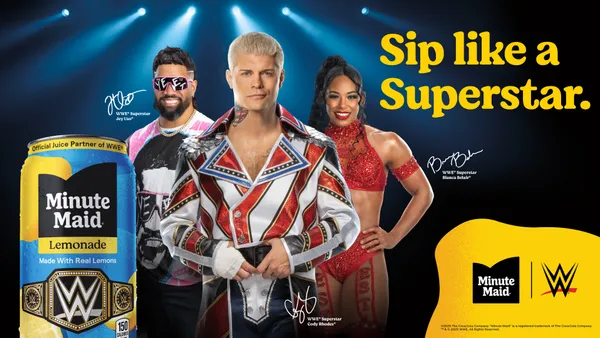Dive Brief:
- Corporate responsibility and brand values are playing a larger role in media buying, with 81% of surveyed brands and agency partners agreeing those qualities have wielded more influence on decision-making in 2021 versus recent years, according to a report from Advertiser Perceptions emailed to Marketing Dive.
- Sixty percent of marketers are willing to downgrade or drop media partners that fail to meet their standards, even if said providers deliver on performance. That figure marks an 18 percentage-point increase compared with February 2020. In terms of action, 39% of respondents have cut spending with a major platform so far this year.
- Among that group, more than half (54%) cited factors like hate and disinformation as informing their move to pull back, while 51% pointed to the underperformance of campaigns. The findings signal that marketers are potentially willing to sacrifice some of their reach as consumers ramp up pressure on companies to live up to their stated values.
Dive Insight:
Advertiser Perceptions's latest installment in its Trust Report series suggests marketers are increasingly willing to trade off a degree of marketing performance if it ensures their ads appear in "brand suitable" environments where they have more control. Four in five of those surveyed claimed they wanted greater oversight over where their ads appear, as well as a clearer line of sight into who profits from placing those ads.
The findings derived from the responses of 250 advertisers — 57% agency-side, 43% marketers — arrive during a period of intense scrutiny for digital platforms. The pandemic and broader societal unrest have helped highlight ongoing problems around the spread of misinformation, hate speech and illicit content online.
"Advertisers' approaches now go beyond the obvious brand safety floor content like guns, nudity or violence," Sarah Bolton, executive vice president of business intelligence at Advertiser Perceptions, said in a press statement. "They're assessing brand suitability through a lens specific to their brand and corporate values, and making those additional criteria for media buying."
Facebook, the second-largest digital ad platform after Google, earlier in the fall was roiled by a whistleblower complaint and accompanying trove of documents that alleged the company prioritizes profit over tackling such issues. While the tech giant has received the most public and regulatory flak, social media broadly has come under a harsh spotlight for everything from amplifying political divisions to wearing down mental health. Eighty-five percent of marketers said platforms need to adopt third-party verification to ensure brand safety moving forward, while three-quarters believe they should be held more responsible for harmful material.
Higher advertiser expectations around brand safety are complemented by a rising premium on social causes. Leading that pack for marketers in 2021 was anti-racism and social justice, cited by 38% of respondents, followed by combating the pandemic (31%) and the climate crisis (23%). Support of quality journalism and news integrity — arguably essential tools for keeping the public informed on events like the pandemic and climate — was the top cause for just 20% of those surveyed.
The gap speaks to a potential bit of dissonance where marketers want to firm up a public-facing image of integrity, but are wary of placing their brands too closely to topics that can prove contentious and alienate consumers. Several reports in recent months have called out how marketers' keyword-blocking lists include discussions of racism, COVID-19 and climate change, hurting publisher revenue and potentially the resources to expand coverage of these fields.















